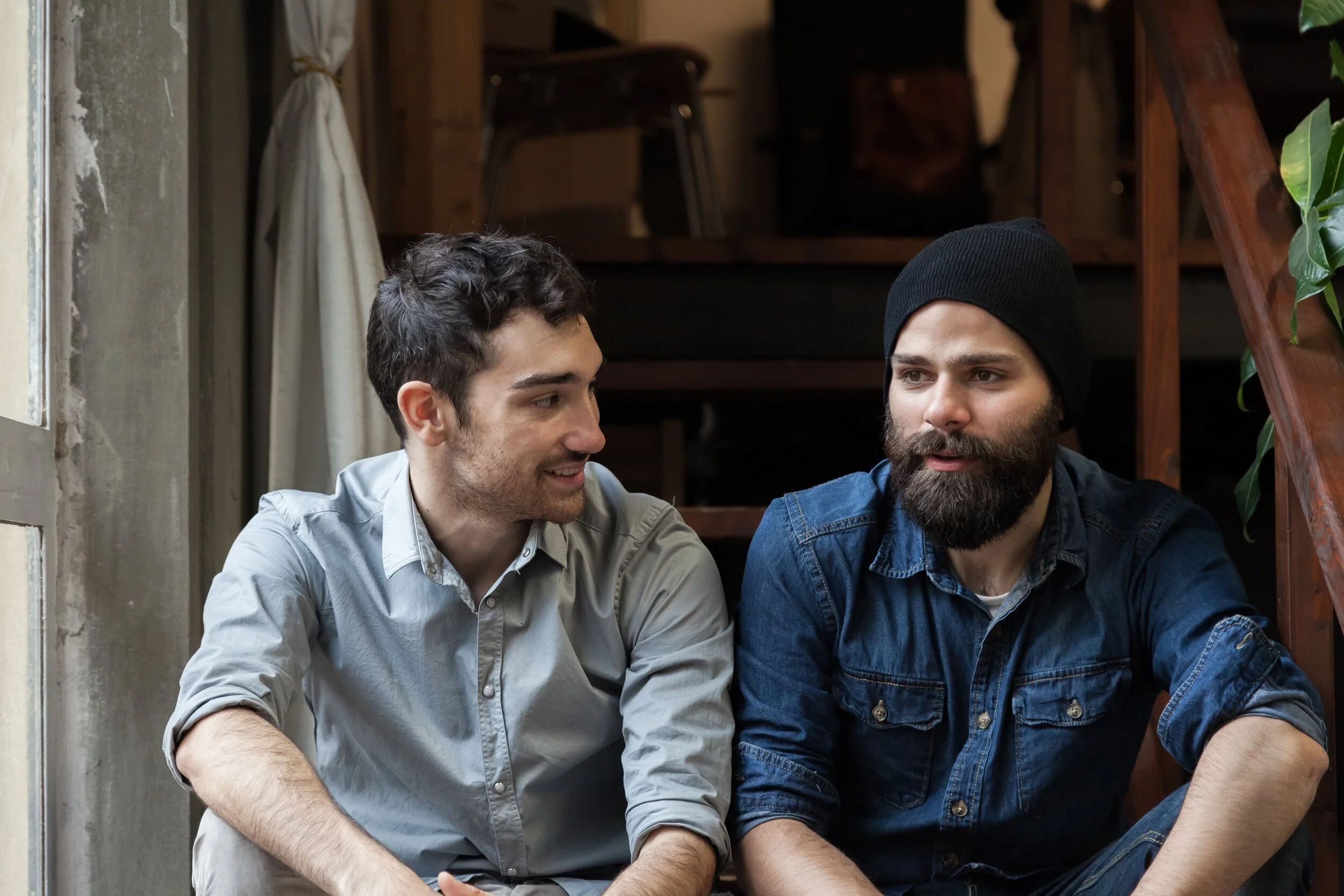Local mental health supports continuing to grow
With October marking national Mental Health Month, MPHN is reminding people of the different resources and support services available in the region, which have been boosted by increased Commonwealth funding during the COVID-19 pandemic.
“We know many regional Australians will experience a mental health issue during their lifetime, and those who don’t will most likely know someone who does,” Deputy Prime Minister and Federal Member for Riverina, The Hon Michael McCormack MP said.
“Since 30 January, the Federal Government has provided an extra $500 million for mental health services and support around the country. Locally, we’ve seen additional funding for headspace; while a range of other services have been able to expand.”
MPHN offers QPR (Question Persuade Refer) suicide prevention training for free to people living in the Murrumbidgee region. The training is online, takes less than an hour to complete, and can be done at any time.
Another key resource available is MapMyRecovery, an online service directory allowing people to quickly find the most appropriate service and information to meet their health needs. The resource was developed by the Murrumbidgee Mental Health and Drug and Alcohol Alliance.
MPHN also commissions a variety of mental health services throughout the Murrumbidgee region, which are free to access.
“We are committed to ensuring people receive the right services at the right time and in the right place, therefore we commission services within a stepped care approach,” MPHN CEO Melissa Neal said.
“In a stepped care approach, a person seeking support is connected to the services that meet their needs and as their needs change, the services change with them. The MyStep to mental wellbeing program is offered across the region and includes low, medium and high intensity services with a mix of face to face and telehealth delivery.”
While mental health issues can be very isolating, connecting with people and having conversations about mental health can minimise stigma and encourage people to seek help when they need it, Ms Neal said.
“Tough times can happen to anyone, but nobody should feel alone,” she said.
“It’s always okay to ask for help. Talk to your family and friends and let them know how you’re feeling. Check in with family and friends and ask if they are okay.”
For more information about services available across the region, visit www.mphn.org.au.
If you, or someone you know is experiencing a mental health emergency, call Accessline in the Murrumbidgee 1800 800 944, Lifeline 13 11 14, or call 000.
